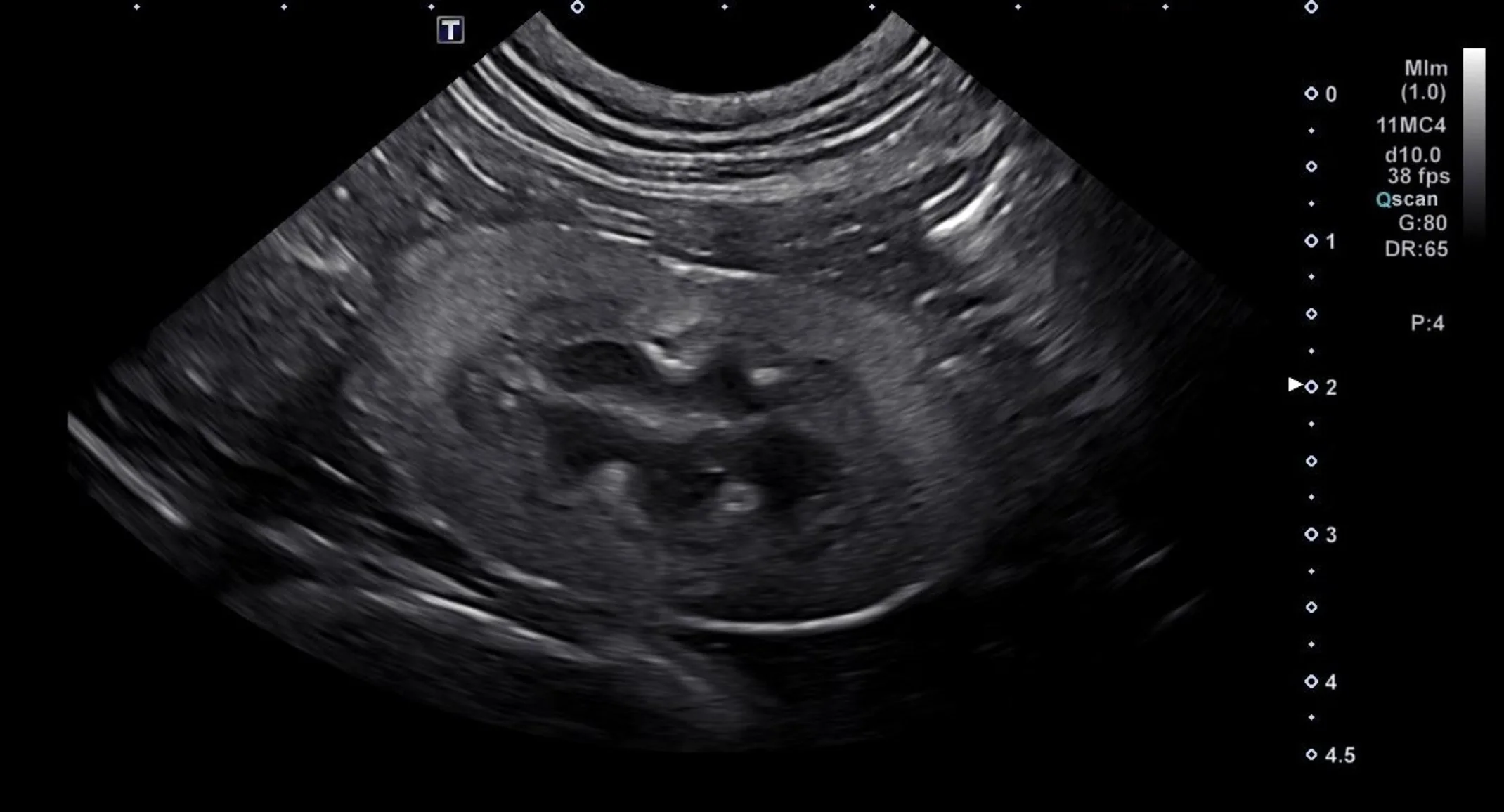Understanding Chronic Kidney Disease in Cats: When to Seek a Veterinary Specialist
October 22, 2025 · Cats

As a pet parent, nothing is more worrying than seeing your furry friend act differently. Changes in appetite, drinking habits, or energy levels can feel minor at first, but sometimes these subtle shifts are early warning signs of chronic kidney disease (CKD), a common condition in senior cats. Understanding CKD, recognizing the signs, and knowing when to consult a veterinary specialist can make a significant difference in your cat’s quality of life.
What is Chronic Kidney Disease?
Chronic kidney disease is a progressive condition in which the kidneys gradually lose their ability to filter waste and maintain fluid and electrolyte balance. Unlike acute kidney injuries, CKD develops slowly over months or years. It is particularly common in older cats, but it can affect cats of any age.
The kidneys play a vital role in overall health. They remove toxins from the blood, help regulate blood pressure, produce hormones that support red blood cell production, and maintain the body’s fluid balance. When kidney function declines, waste products build up, blood pressure may increase, and cats may develop anemia or other complications.
Early Signs of CKD in Cats
CKD often develops gradually, which can make early detection challenging. Some subtle signs to watch for include:
Increased thirst and urination. Cats may drink and urinate more than usual, which can be easily overlooked, especially in multi-cat households.
Decreased appetite or weight loss. A cat may begin eating less or show disinterest in favorite treats.
Changes in behavior or energy. Cats may sleep more, seem less social, or appear lethargic.
Vomiting or diarrhea. Gastrointestinal upset can occur, sometimes intermittently.
Poor coat quality. A dull, dry, or unkempt coat can be a subtle indicator of underlying health issues.
Because these signs are subtle and often mistaken for normal aging, many cases of CKD are not diagnosed until the disease has progressed.
The Role of Your Family Veterinarian
Your family veterinarian is often the first line of defense in identifying CKD. Routine wellness exams, bloodwork, and urine testing can help detect early kidney changes. Early intervention allows for management strategies such as diet modification, medications to control blood pressure, and treatments to manage anemia or electrolyte imbalances.
However, CKD can be complex. Some cats may develop additional complications, have atypical lab results, or require specialized imaging such as ultrasound to assess the kidneys’ structure. This is where a veterinary specialty team, such as the VERC Internal Medicine team, can provide advanced care and guidance.
When to Consider Seeing a Internal Medicine Specialist
You should consider a referral to a veterinary internal medicine specialist if your cat’s kidney disease:
Shows progression despite standard care. If your cat’s condition continues to advance or symptoms worsen despite management from your primary vet, a specialist can offer advanced diagnostics and tailored treatment plans.
Has complicating factors. Cats with other chronic conditions such as diabetes, heart disease, or hyperthyroidism may require specialized care to manage CKD safely alongside other health issues.
Requires advanced diagnostics. Ultrasounds, imaging, and specialized lab tests can provide insights that standard bloodwork might miss. This helps identify the exact cause of kidney changes and rule out other conditions.
Needs individualized treatment planning. CKD management often involves multiple strategies. Specialists can help design precise treatment plans including medications, prescription diets, fluid therapy, and monitoring schedules.
Is a senior cat. Older cats may present with subtle or atypical signs that benefit from a specialist’s expertise in geriatric care and chronic disease management.
Red Flags: When Your Cat Needs Emergency Kidney Care
CKD is often managed as an outpatient condition, but these signs require immediate evaluation:
Extreme lethargy or collapse
Persistent vomiting or diarrhea
Refusing food or water for 24+ hours
Severe dehydration – dry gums, sunken eyes, or slow skin return
Sudden change in urination
Neurological signs – confusion, tremors, or seizures
Difficulty breathing or distress
If you see any of these, call us at (808) 735-7735 or come to the hospital immediately. Early action can be lifesaving.
What to Expect from an Internal Medicine Specialist
When you bring your cat to an internal medicine specialist for CKD, you can expect:
Comprehensive evaluation. Specialists perform thorough exams and review your cat’s full medical history, including prior lab work and imaging.
Advanced diagnostics. Bloodwork, urinalysis, ultrasounds, and sometimes more specialized testing help pinpoint the severity of kidney disease and rule out other conditions.
Tailored treatment plans. Specialists design care plans that may include prescription diets, medications, fluid therapy, and ongoing monitoring strategies.
Collaborative care. Your primary vet and the specialty team work together to ensure continuity of care and to optimize outcomes for your cat.
Supporting Your Cat at Home
While specialists provide advanced care, there are several things you can do at home to support a cat with CKD:
Encourage hydration by offering fresh water and wet food.
Follow prescribed diets and medications carefully.
Monitor for subtle changes in behavior, appetite, or litter box habits.
Maintain regular check-ins with both your primary veterinarian and any specialists involved.
The Importance of Early Detection
The earlier CKD is identified, the more options there are to manage the disease and maintain your cat’s quality of life. Subtle signs, like increased thirst or mild weight loss, should never be ignored. Partnering with both your family veterinarian and a specialty team like the VERC Internal Medicine team ensures your cat receives the most thorough and informed care possible.
When in Doubt, Call the Specialists
At VERC, our Internal Medicine team is here to help when your general practice veterinarian identifies kidney concerns. CKD can be challenging to detect and manage, but with advanced diagnostics, careful monitoring, and individualized treatment, many cats continue to live happy, comfortable lives.
If your cat has shown any changes in drinking, urination, appetite, or behavior, or if your veterinarian has noted early signs of kidney disease, contact our Internal Medicine team at (808) 735-7735 to discuss specialized care. Early intervention can make a real difference in your cat’s health and longevity.

